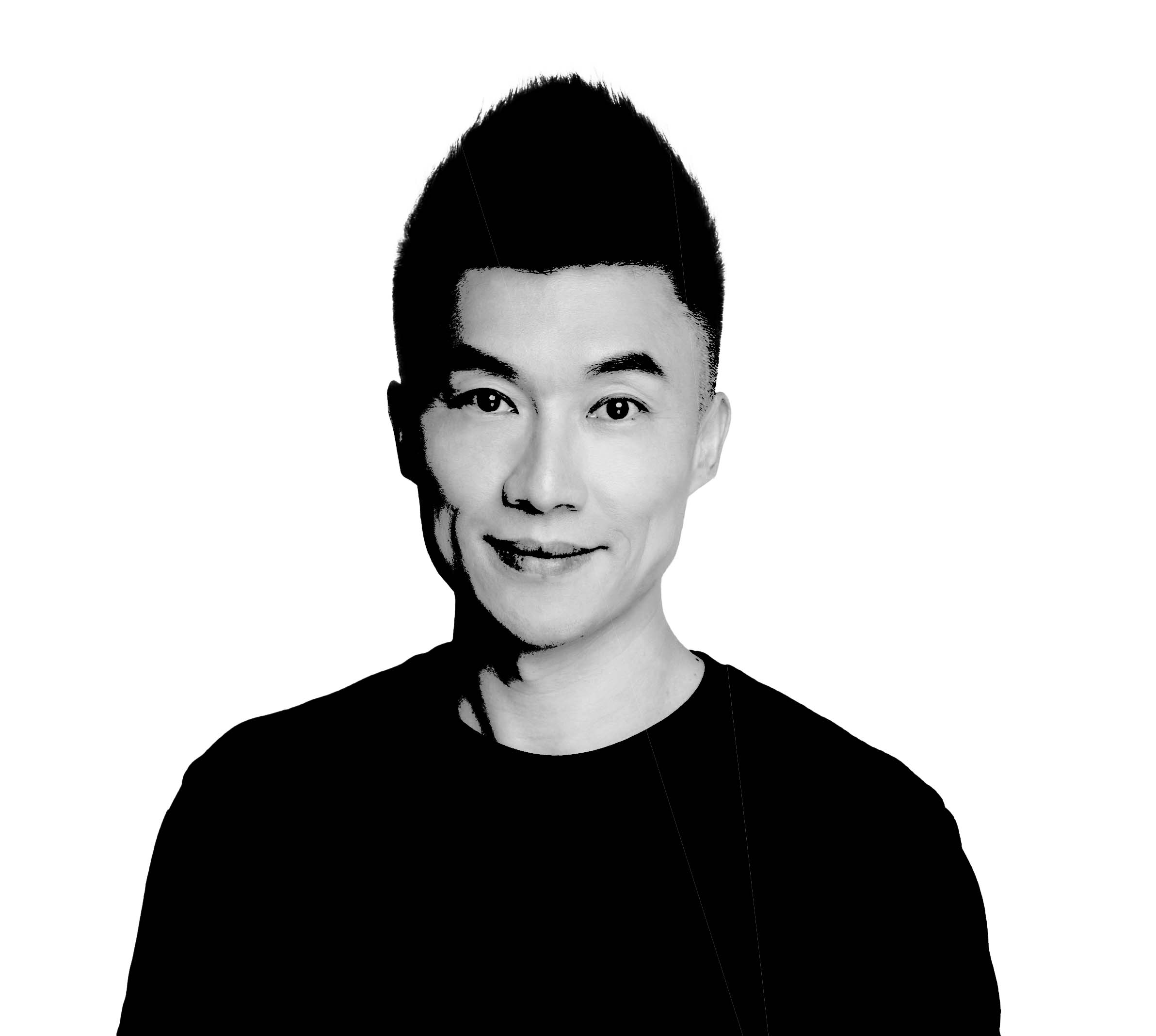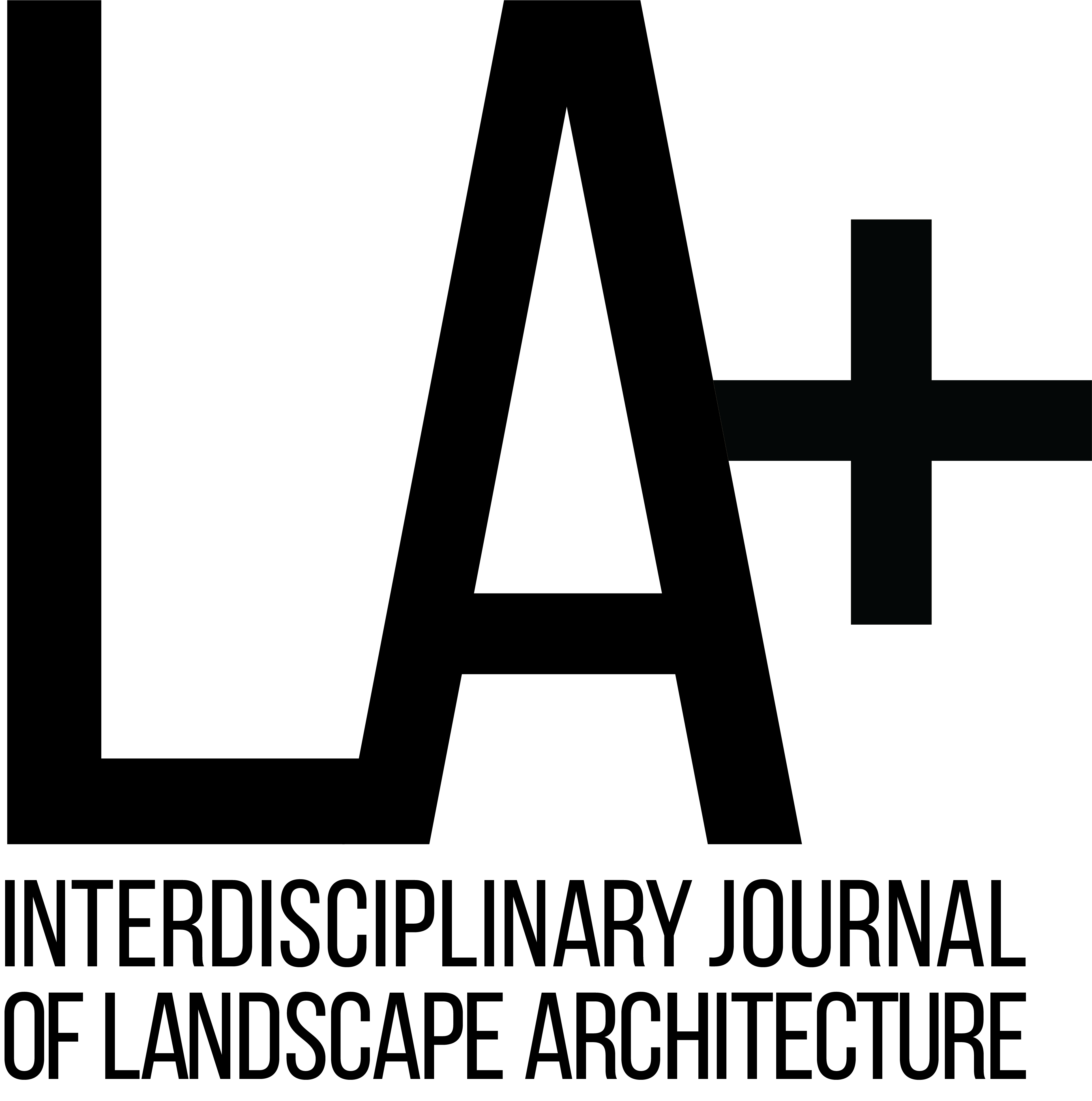
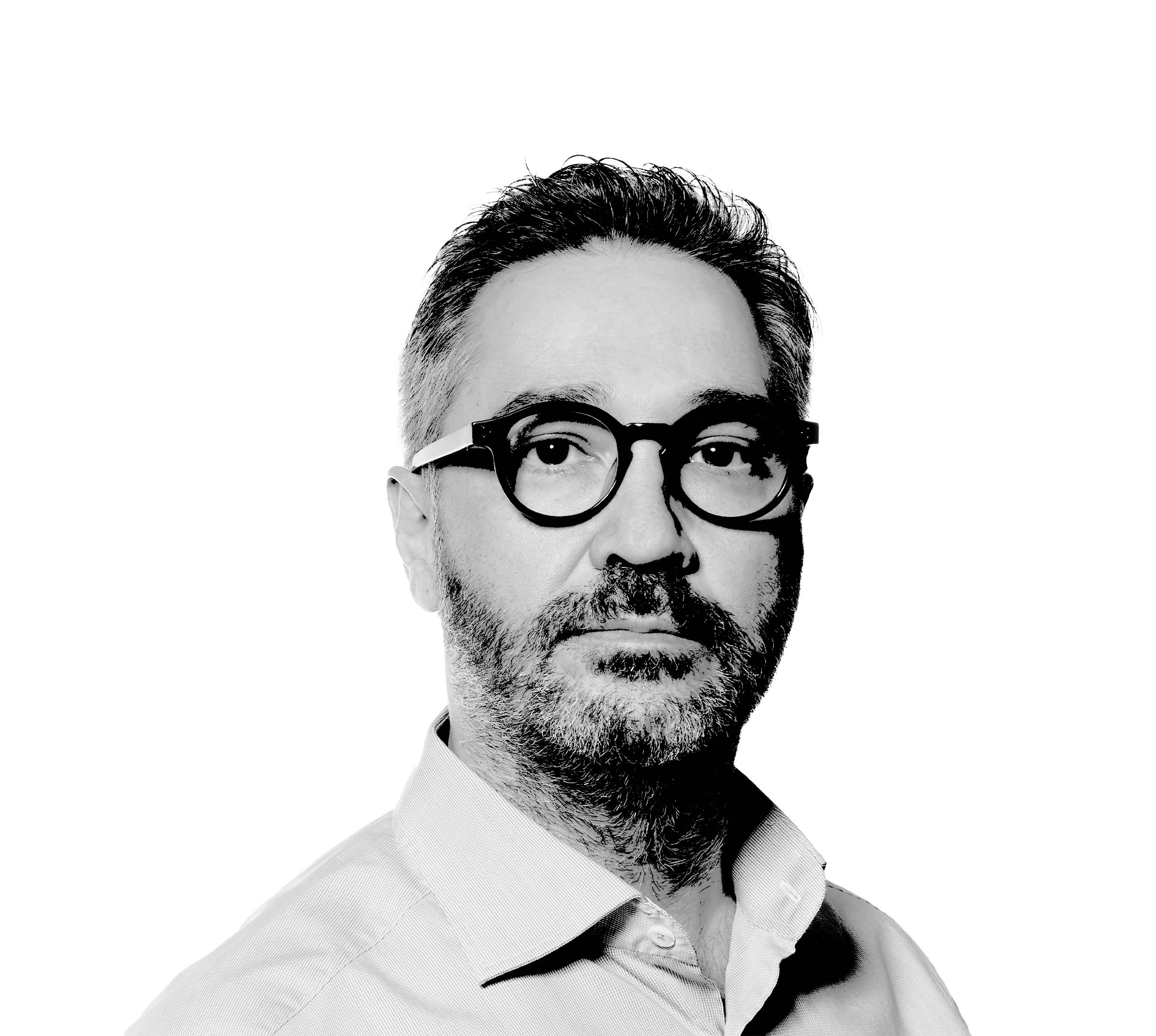
Martin Rein-Cano is founder and creative director of the award-winning Berlin-based design firm TOPOTEK 1. Hailing from Buenos Aires, Martin studied art history and landscape architecture in Germany before founding TOPOTEK 1 in 1999. Working at the intersection of the fields of landscape architecture, urbanism, and architecture, TOPOTEK 1’s designs explore the fringes of typologies and scales, using strategies such as the recontextualization of objects and scenographic sequencing to challenge and engage the user. Its work has been widely exhibited and written about, and has received many prestigious awards including the Aga Khan Award for Architecture 2016 for Superkilen in Copenhagen; the Qatar Sustainability Awards 2018 for the Novy Arbat project in Moscow, the German Landscape architecture Prize 2015 for the UNESCO World Heritage Site Cloister Lorsch in Germany, and the FIABCI 2017 Prix d’Excellence Germany Gold Prize. Martin is a visiting professor at Dessau Institute for Architecture and a veteran of many design competition juries.
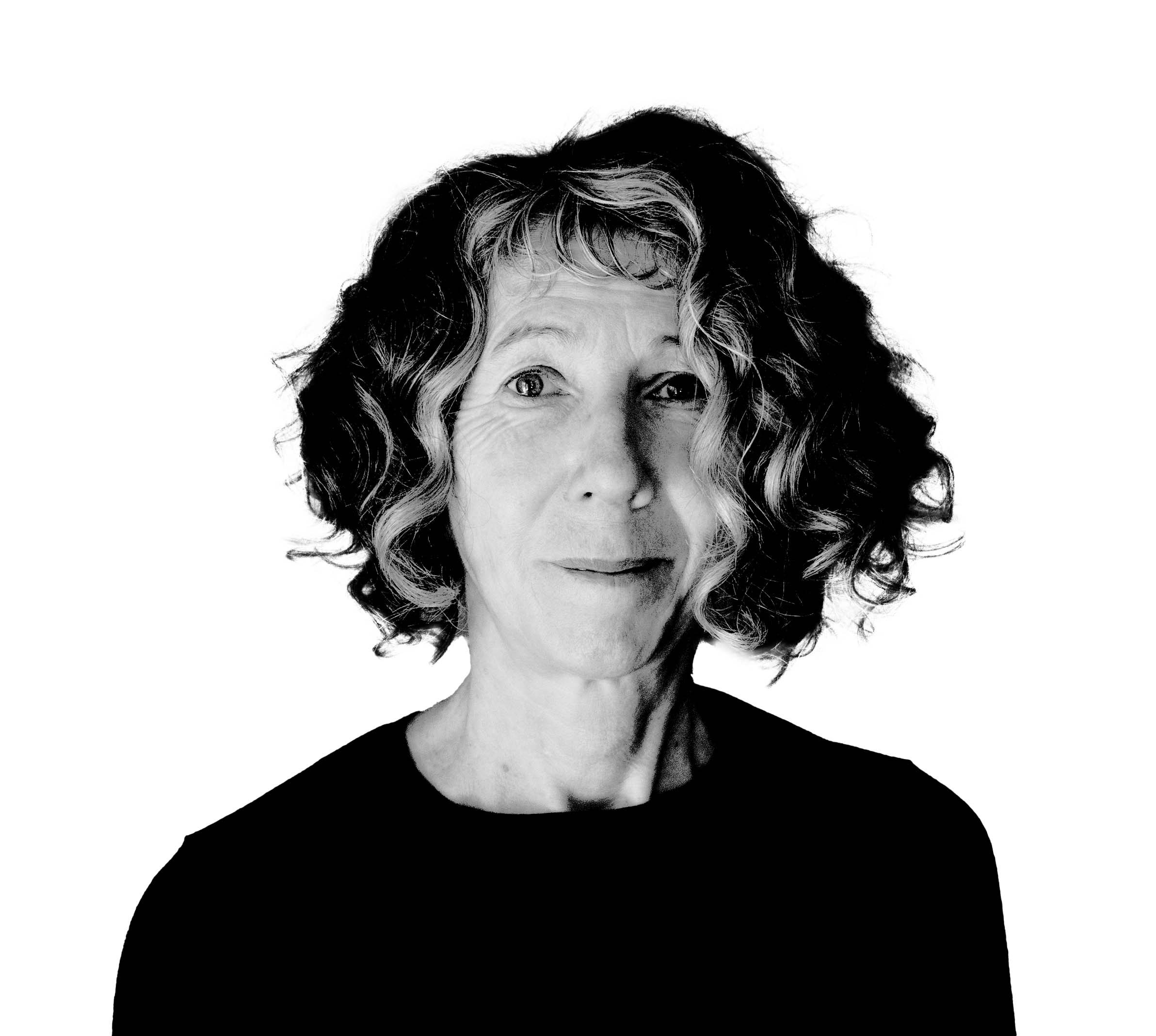
Fiona Raby is partner in the design studio Dunne & Raby, co-director of the Designed Realities Studio, and professor of design and social inquiry at the New School in New York City. She was chair and professor of industrial design (ID2) at Universität für angewandte Kunst in Vienna from 2011–2015 and a Reader in Design Interactions at the Royal College of Art, London from 1995. Fiona is co-author, with Anthony Dunne, of Design Noir: The Secret Life of Electronic Objects (2001, republished 2021) and Speculative Everything: Design, Fiction and Social Dreaming (2013). Dunne & Raby’s work has been exhibited at MoMA in New York, the Pompidou Centre in Paris, the Design Museum in London, and is in several permanent collections including MoMA, the Victoria and Albert Museum, and the Austrian Museum of Applied Arts. Dunne & Raby received the inaugural MIT Media Lab Award in 2015.
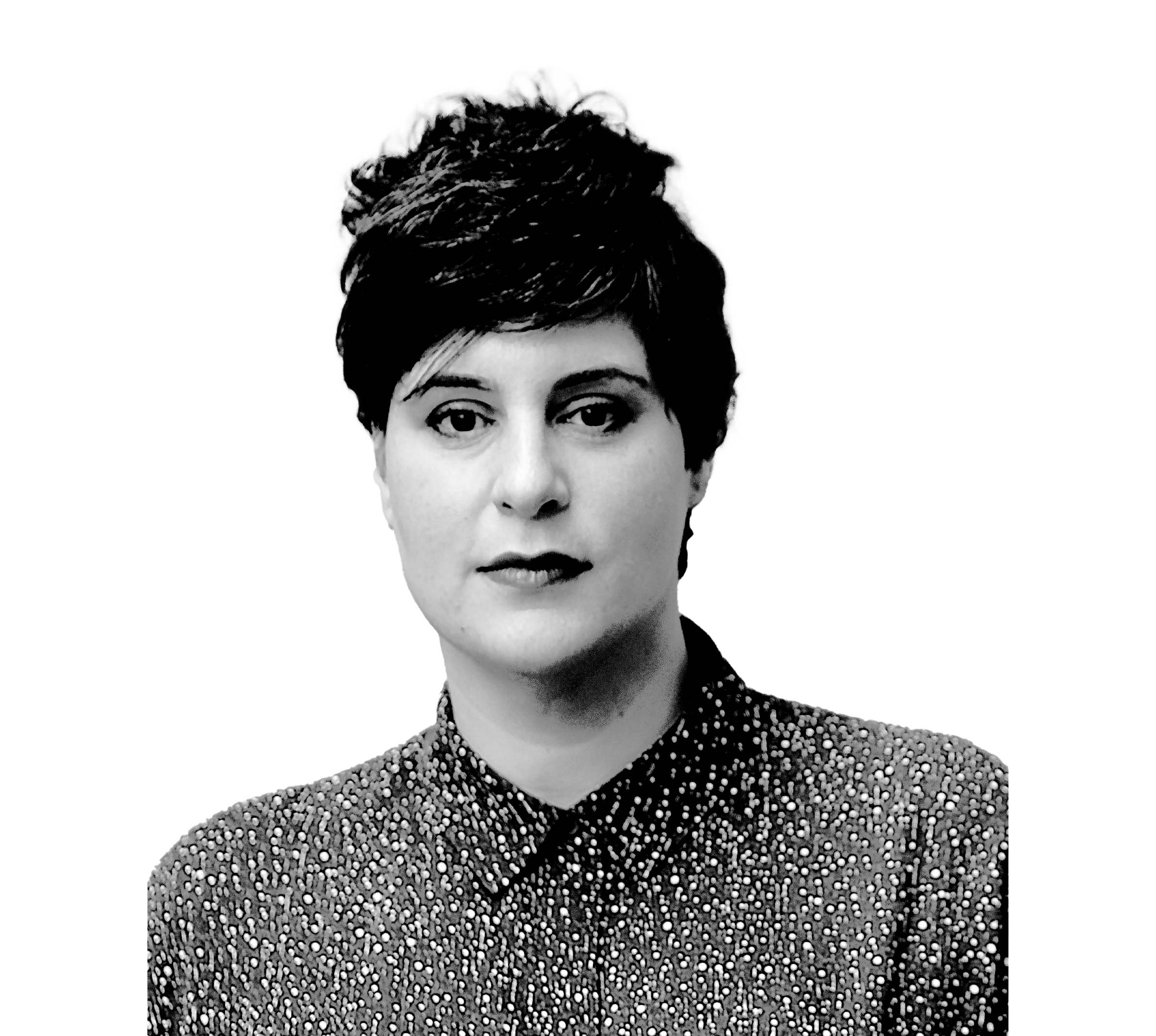
Rania Ghosn is associate professor of architecture and urbanism at MIT and founding partner of Design Earth with El Hadi Jazairy. Her practice engages the speculative design project to make visible and public the geographies of the climate crisis and her work has been exhibited at the Venice Architecture Biennale, Bauhaus Museum Dessau, Matadero Madrid, the San Francisco Museum of Modern Art, MAAT Lisbon, Triennale di Milano, Sursock Museum Beirut, Guangdong Times Museum, Oslo Architecture Triennale, the Seoul Biennale of Architecture and Urbanism, and is in the permanent collection of the Museum of Modern Art in New York. Rania is founding editor of New Geographies and editor of Landscapes of Energy (2009) and coauthor of Geographies of Trash (2015), Geostories: Another Architecture for the Environment (2020), and The Planet After Geoengineering (2021). Rania holds a Bachelor of Architecture from American University of Beirut, a Master of Geography from University College London, and a Doctor of Design from the Harvard Graduate School of Design. She is recipient of the Architectural League Prize (2016), the ACSA Faculty Design Award (2014, 2017), the Boghossian Foundation Prize (2017), and other honors.
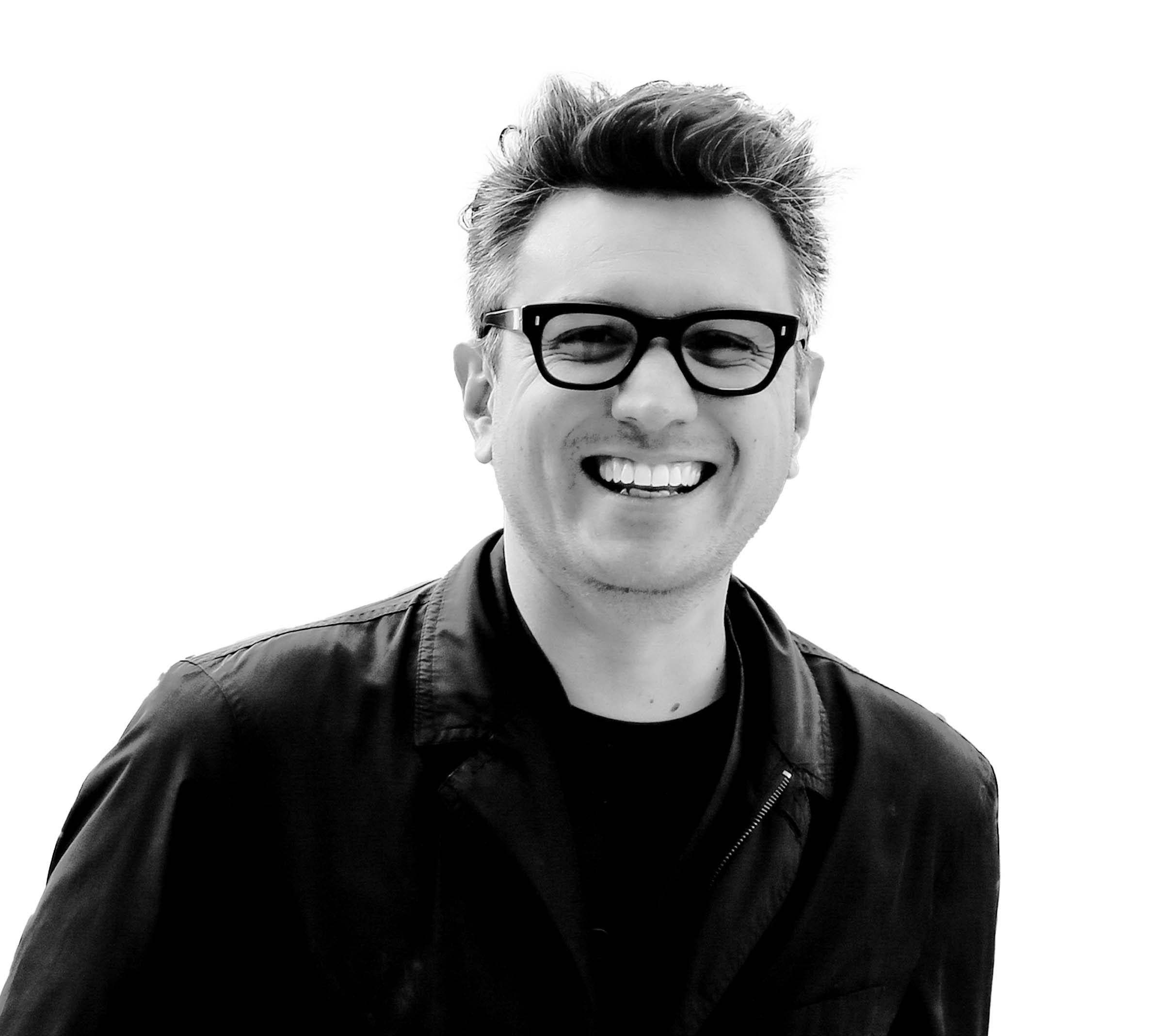
Mark Raggatt
is a director of notable Australian design firm ARM Architecture. ARM is defiantly and zealously dedicated to the
dissemination of ideas in and through architecture, and Mark’s work has been described as “a delirious mash-up of
influences, sources, experiments, scribbles, rantings, critical writings,
interviews, essays and major projects, all piled one on top of the other.”
His design work includes the University of Sydney College of the Arts, the Gold
Coast HoTA Outdoor Stage, and the Blacktown International Centre of Training
Excellence. He is currently involved in the Sydney Opera House Renewal to be
completed in 2022. Mark was coeditor and contributor to Mongrel Rapture: The Architecture of Ashton Raggatt McDougall which
was awarded the Australian Institute of Architects Bates Smart Architecture in
the Media Award. He continues his research and teaching through the Masters of
Architecture programs at RMIT University in Melbourne and the University of
Technology Sydney. Mark’s current research is focused on the role of design and
designer in reconciliation and decolonization of the built environment in
Australia.
